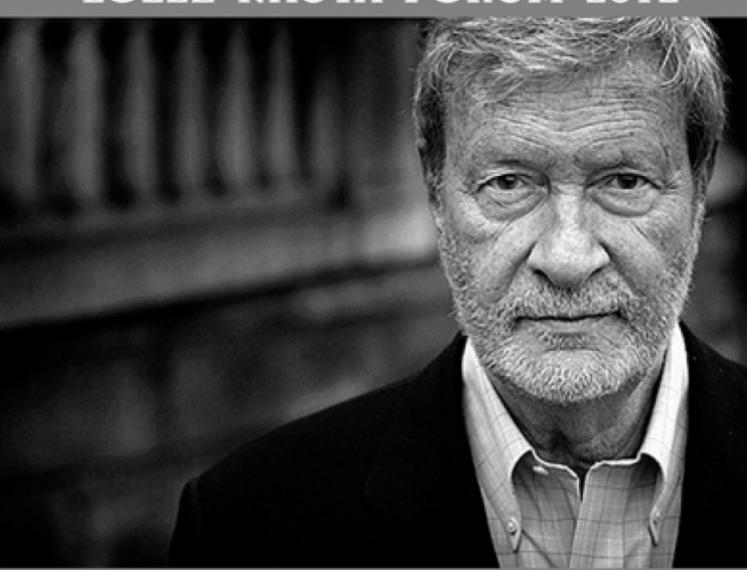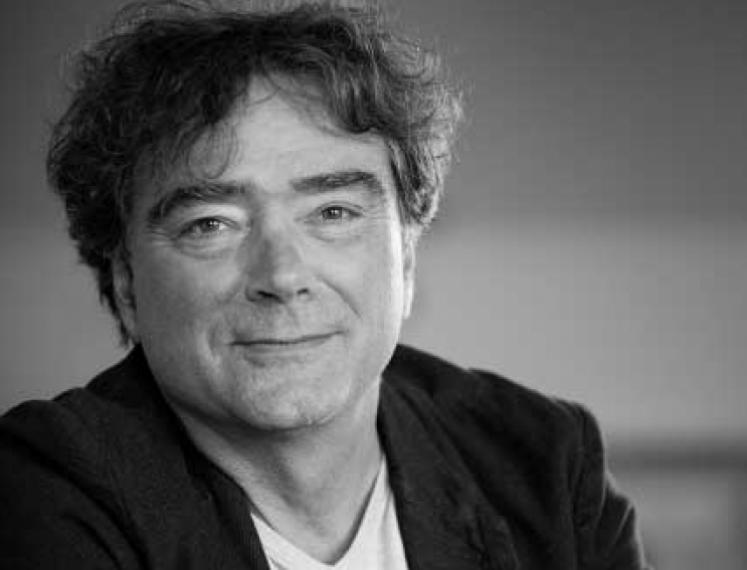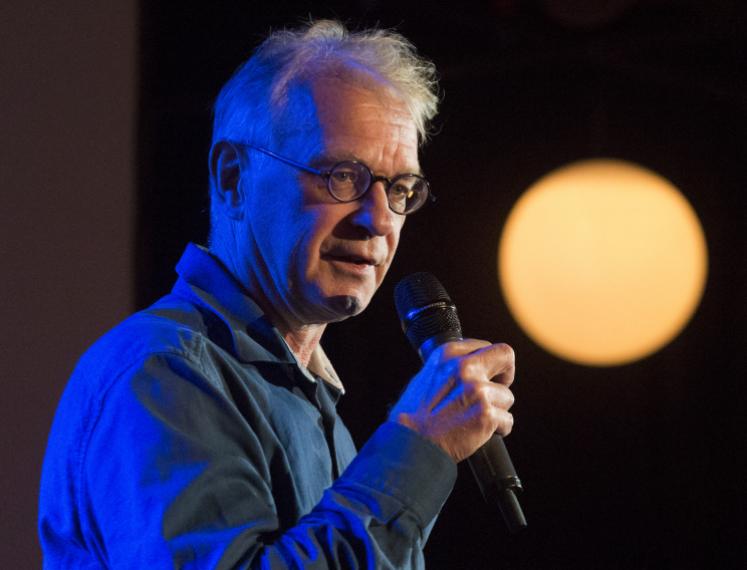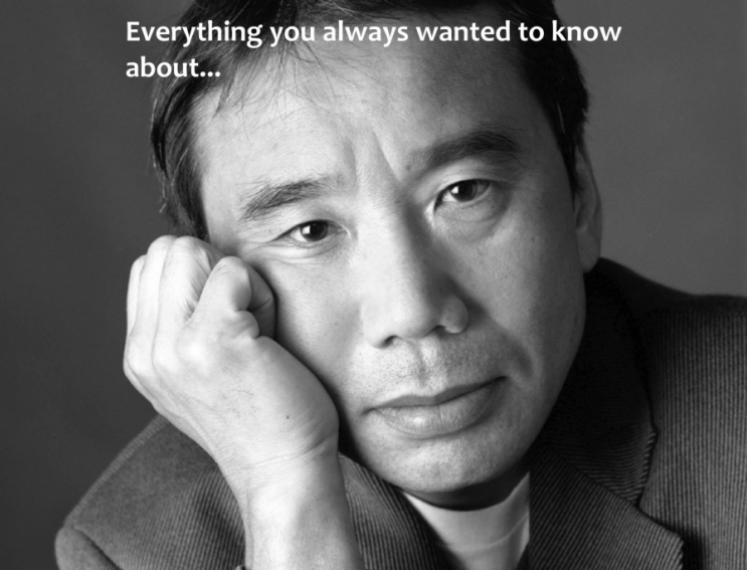Passport Babies, Donor babies
Foreign surrogate mothers, overseas babies, a worldwide system of organ donation, international genetic databanks: biomedical practices more and more take place on a global scale. What are the consequences?
Our possibilities in the field of biotechnology seem to be boundless. The unthinkable becomes within reach. See the various applications of DNA-techniques and stem cell research. But also in a more literary sense we increasingly cross boundaries. Foreign surrogate mothers, overseas babies, a worldwide system of organ donation, international genetic databanks – biomedical practices more and more take place on a global scale.
Foreign surrogate mothers, overseas babies, a worldwide system of organ donation, international genetic databanks – biomedical practices more and more take place on a global scale.
What are the consequences of these developments for family- and kinship relations – for our cultural and aesthetic norms of belonging at home? And for legal rules about (national) citizenship?
On the other hand, biomedical techniques are deployed to fuel an imagination of “communities of fate” – on regional or national level. Affluent Asian nations, for example, promote the banking of cord blood and other organs in order to ameliorate the “flawed Asian body.” The newborn’s blood helps to withstand alleged dangers to community and nation. Thus, donor babies perform as links in an ongoing process of vitalization of citizenship.
Biotechnologies transform our politics and ethics of belonging. Both on an individual and on a more collective level various elements are assembled and continuously re-assembled - nations, territoria, bodies, rights, obligations, documents, etc. In a globalizing world novel forms of life generate different notions of citizenship. Aihwa Ong analyses and discusses these developments at the crossroads of biotechnology, citizenship and globalization.
Aihwa Ong is Professor of Anthropology at the University of California, Berkeley, USA. Her approach is inter-disciplinary and her ideas are featured in debates on globalization and modernity. Her most recent publications are: ‘Asian Biotech: Ethics and Communities of Fate’ (2010) and ‘Worlding Cities: Asian experiments and the Art of Being Global’ (2011).
Annemarie Mol is Professor of Anthropology of the Body at the University of Amsterdam. In her book ‘The Body Multiple’ (2002) she presents a detailed ethnographic description of hospital practices. In ‘The Logic of Care’ (2008), she discusses the process of knowing and intervening in bodies. Mol is a member of the national Social Sciences Council.
The Lolle Nauta Forum is initiated by the Faculty of Philosophy, University of Groningen, in cooperation with Studium Generale and de Volkskrant in order to stimulate the public debate, and named after Lolle Nauta, himself a public intellectual and Professor of social philosophy and philosophy of science at the University of Groningen from 1971 till 1994. More information: Lolle Nauta Forum
Interesting links:
www.aihwaong.info
University of California: Aihwa Ong
Organized by the Faculty of Philosophy with Studium Generale and de Volkskrant




